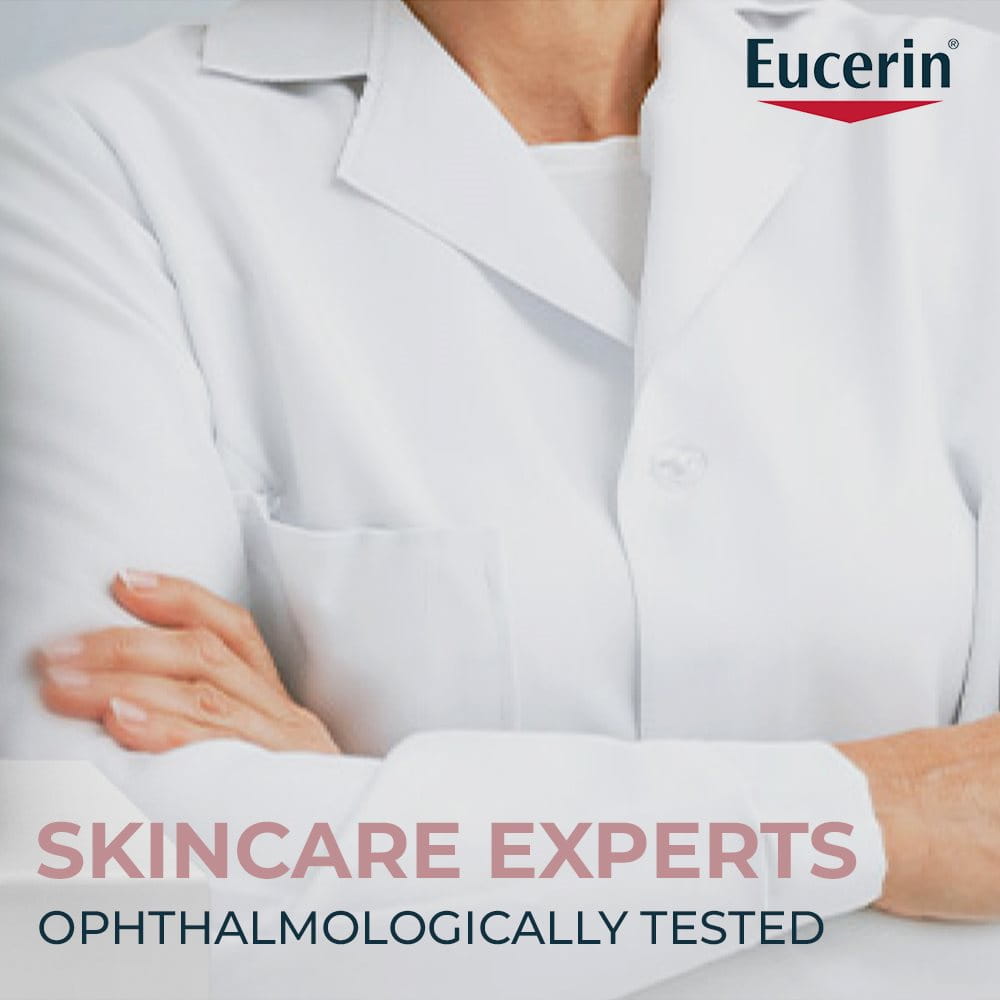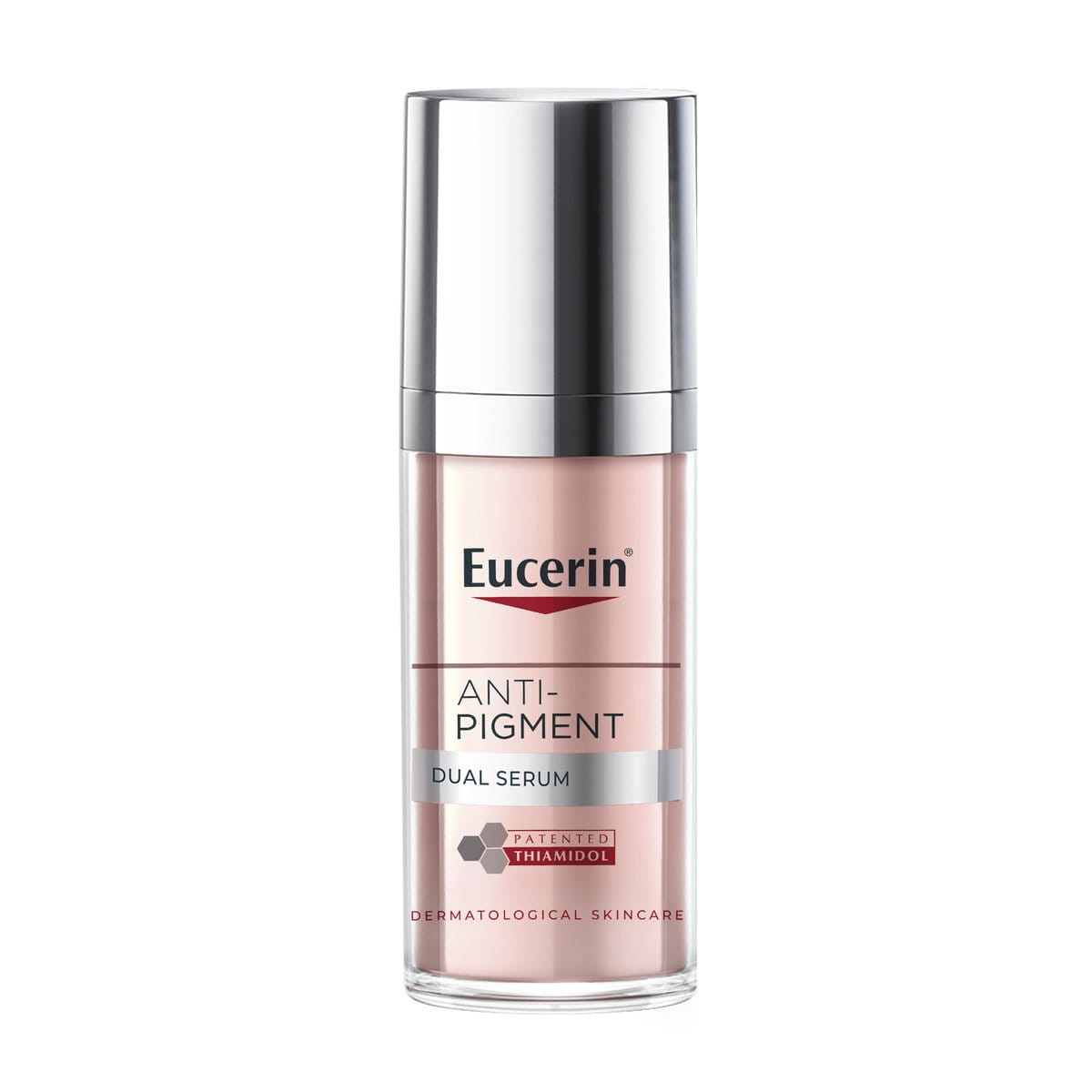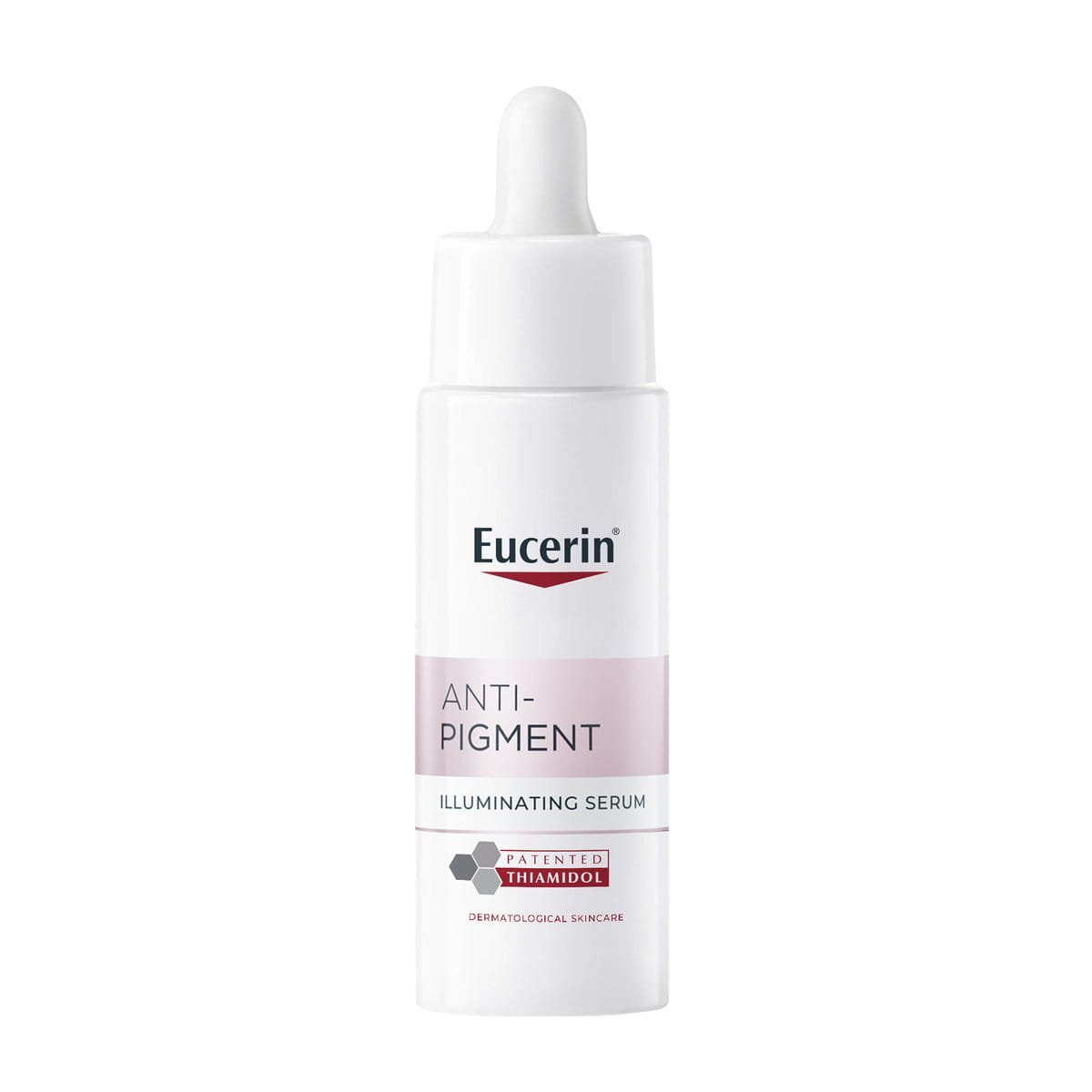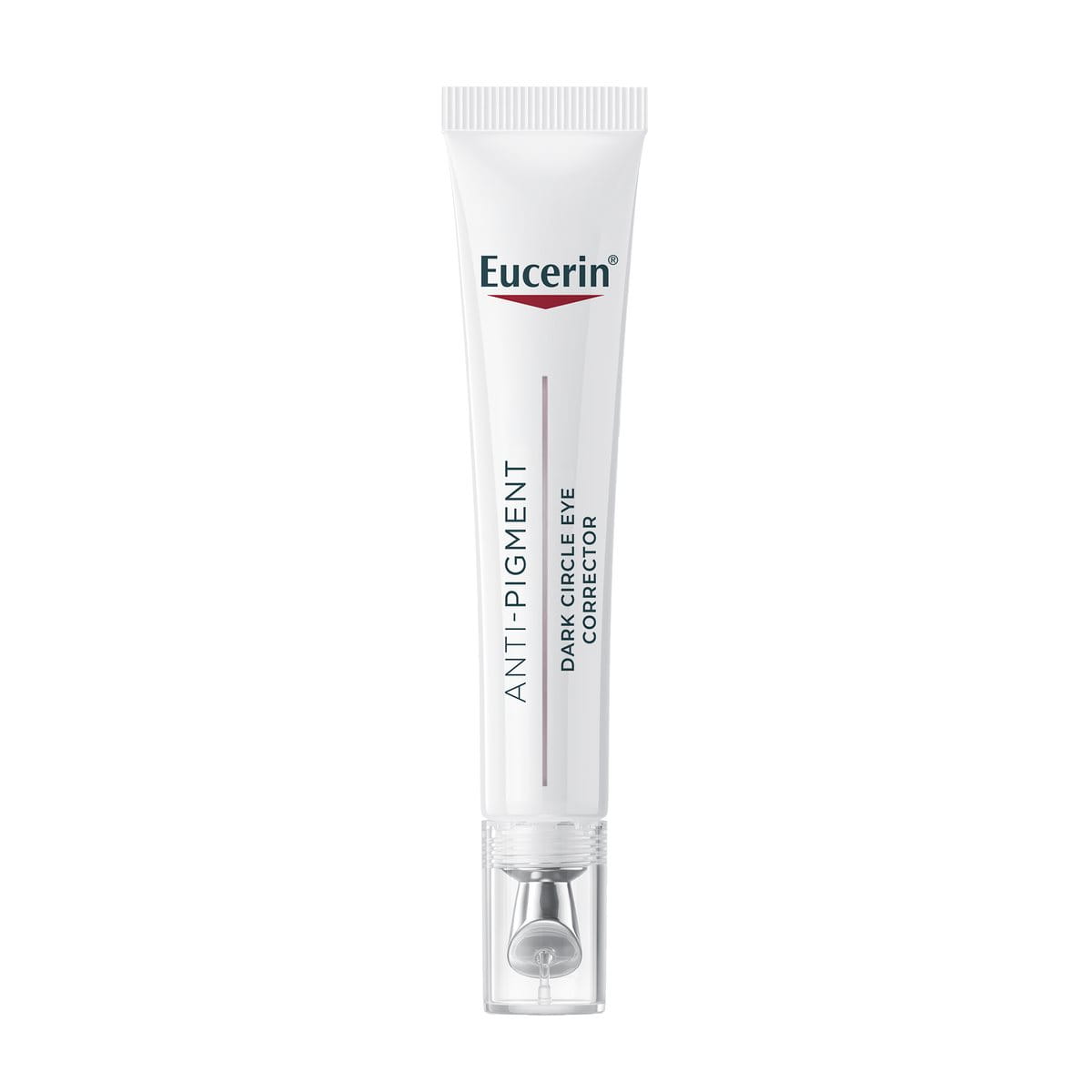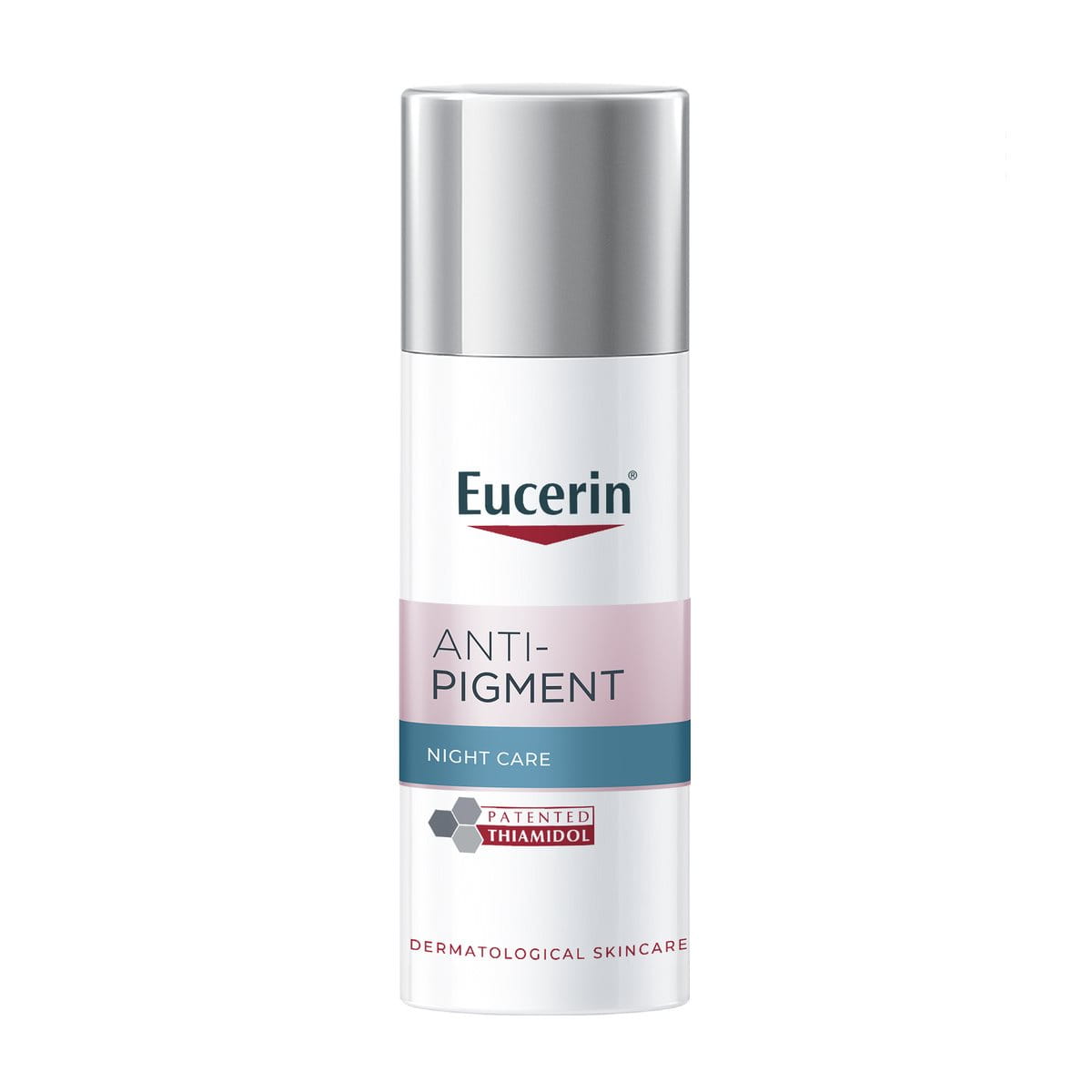When your body overproduces melanin, it leads to hyperpigmentation. There are many factors that cause the overproduction of melanin. Sometimes it is the sun, other times it is medication. However, it can also be skin pigmentation due to hormonal imbalance. Hormonal pigmentation on the face may not be detrimental, but it is not something that should be ignored. You must find out the underlying cause of skin pigmentation and treat it.
Keynotes:
- The overproduction of melanin in the body causes hyperpigmentation. Hormonal imbalance in the body can cause excess melanin to be produced.
- Hormonal hyperpigmentation can be formed on the face or other parts of the body as a result of estrogen and progesterone fluctuation.
- Hormonal imbalance can take place at different stages of one's life. Factors such as sun exposure, genetics, age and medication can impact hormonal imbalance.
- Skincare products that contain thiamidol, hydroquinone, retinoids, and vitamin C are effective when it comes to treating hormonal hyperpigmentation.


